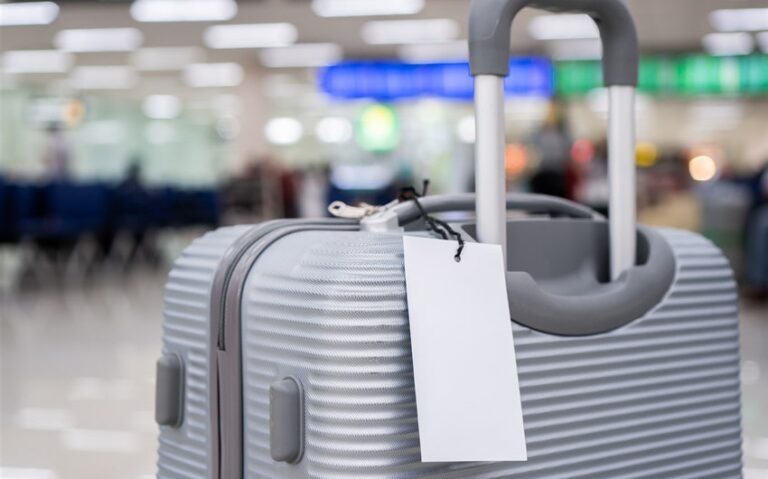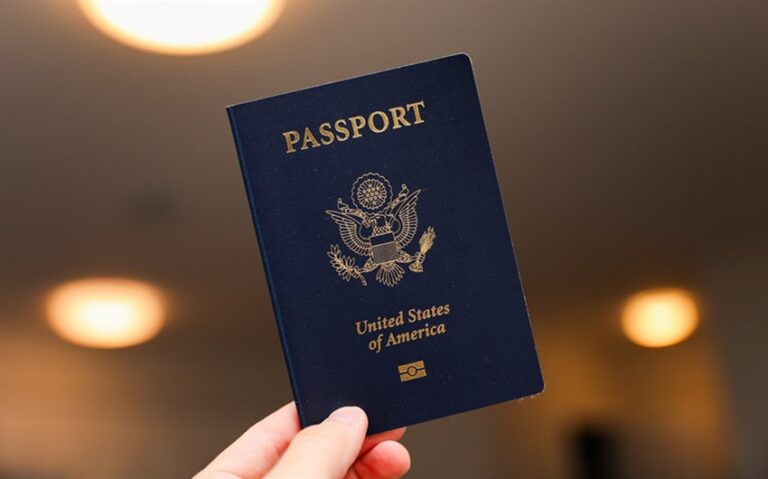What Do Travel Nurses Do? Behind the Scenes of a Life on the Move
Travel nursing sounds glamorous from the outside — new cities, flexible schedules, paid adventures. But what do travel nurses actually do? What does a day, a contract, or a whole life look like when your job comes packed with a boarding pass? It turns out travel nursing is a lot more than just working in scrubs in different zip codes. It’s about flexibility, resilience, skill, and a quiet kind of bravery that doesn’t always make it into the job description.
What Is a Travel Nurse?
A travel nurse is a licensed healthcare professional — usually a Registered Nurse (RN) — who works temporary assignments at hospitals, clinics, or other healthcare facilities that have staffing shortages. These shortages could be caused by seasonal demands, staff on extended leave, a rise in patient numbers, or gaps while facilities search for permanent hires.
Travel nurses don’t belong to a single hospital or healthcare system. Instead, they usually work through staffing agencies that connect them with contracts across cities, states, or even countries. Their contracts typically last between 8 and 26 weeks, although some may extend longer if both the nurse and the hospital agree.
Rather than focusing on building a permanent role, travel nurses are specialists in transition — stepping into hospitals they’ve never worked in before, adapting to new teams, and helping maintain patient care during times of need.
What Are the Main Responsibilities of a Travel Nurse?
At the core, travel nurses perform the same clinical responsibilities as staff nurses. They care for patients, administer medications, monitor vitals, assist in procedures, and document care — but with the added challenge of quickly adapting to new environments, policies, and workflows.
- Patient Care: Delivering direct, hands-on care for patients — including assessing symptoms, administering treatments, managing IVs, dressing wounds, and providing emotional support.
- Fast Adaptation: Unlike staff nurses, travel nurses must quickly learn a facility’s systems — from charting software like Epic or Cerner to new medication protocols or emergency procedures — often with minimal orientation time.
- Specialty Expertise: Many travel nurses work in specialized units such as ICU, ER, OR, Labor and Delivery, or Oncology, where advanced clinical skills are required. Facilities often hire travel nurses precisely because they bring in-depth expertise.
- Flexibility with Roles: Depending on staffing shortages, travel nurses might float between departments or units during a contract, requiring broad competency across different types of patient care.
- Team Collaboration: Even as temporary staff, travel nurses must quickly build rapport with physicians, therapists, aides, and permanent staff to ensure smooth, safe patient care.
In short, travel nurses aren’t just “temps” — they’re highly trained professionals stepping into fast-moving environments with little room for hesitation.
Where Do Travel Nurses Work?
Travel nurses can find themselves working in almost any healthcare setting that requires skilled nursing support. Their assignments can take them from major metropolitan hospitals to small rural clinics, from coastal beach towns to mountain villages.
- Hospitals: Most travel nursing contracts are at acute care hospitals — in emergency rooms, intensive care units, surgical floors, maternity wards, and more.
- Specialty Clinics: Travel nurses may work in oncology centers, dialysis clinics, outpatient surgical centers, or other specialty facilities.
- Rehabilitation Centers and Skilled Nursing Facilities: Assignments may involve helping patients recover after surgery, illness, or injury, requiring patience and long-term care skills.
- Home Health Assignments: Some travel nurses work in private homes, providing one-on-one care, wound care, infusion therapy, or hospice services.
- Disaster Relief or Public Health Assignments: During emergencies — like hurricanes, pandemics, or large vaccination efforts — travel nurses are often deployed to help overwhelmed systems manage patient surges.
Every assignment location offers a different pace, culture, and set of challenges. The variety is part of what draws so many to the field.
What’s a Typical Travel Nurse Assignment Like?
Travel nurse assignments aren’t vacations — they’re full-time, professional healthcare roles. However, they do offer a level of freedom and adventure that most traditional jobs don’t. Here’s what the arc of a typical assignment looks like:
- Pre-Assignment: Nurses apply for contracts through travel nurse agencies. Once accepted, paperwork flies: background checks, license verification, health records, and compliance training all need to be submitted quickly.
- Arrival and Orientation: Upon arrival, nurses often receive a brief orientation — sometimes as short as one day — covering the basics: facility layout, emergency procedures, documentation systems, and unit expectations.
- Working the Contract: Once orientation ends, travel nurses jump right into patient care, working the same shifts and assignments as regular staff. Typical schedules include 36–48 hours per week, either days, nights, or rotating shifts.
- Assignment Completion: At the end of the contract, travel nurses can either extend at the same facility (if offered) or move on to a new assignment somewhere entirely different. Some build loyalty with particular hospitals and rotate back seasonally.
- Housing and Life Between Assignments: Some agencies offer free housing or stipends, while others leave accommodations up to the nurse. Between contracts, many travel nurses take breaks to travel for pleasure, spend time with family, or simply recharge.
Every new contract comes with new friendships, new challenges, and new stories. It’s a life built out of constant movement — and constant adaptation.
Skills That Make a Great Travel Nurse
Technical skill is important, but thriving as a travel nurse requires more than just clinical expertise. It’s a blend of flexibility, grit, openness, and quick learning. The best travel nurses aren’t just good at nursing — they’re good at change.
- Adaptability: Every facility runs a little differently. Travel nurses need to stay open-minded, nonjudgmental, and ready to pivot without getting overwhelmed.
- Clinical Confidence: There’s little room for hand-holding. A strong foundation in your specialty is key to walking into a new unit and earning immediate trust from coworkers and managers.
- Emotional Intelligence: Patients don’t care that you’re “just a traveler.” They need compassion, patience, and clear communication — just like anywhere else.
- Problem-Solving Skills: When you’re the outsider, you sometimes have to find workarounds, make decisions independently, and spot potential issues before they grow.
- Self-Reliance and Resourcefulness: Housing problems? License renewals? Missing scrubs? Travel nurses learn to handle their own logistics — sometimes at 3 a.m. before a double shift.
Being a good traveler isn’t about perfection. It’s about staying calm in motion — and learning fast when things don’t go as planned.
Why People Choose Travel Nursing
Everyone who chooses travel nursing has their own reasons — and they’re almost always layered. For some, it’s about the paycheck. For others, it’s about freedom, growth, or something harder to explain: the need for movement and change.
- Higher Income: Travel nurses can often make 1.5–2x what a permanent nurse earns, especially when factoring in tax-free stipends for housing and meals.
- Career Flexibility: You’re not tied down to one hospital, one city, or one life. You get to reinvent yourself every few months — if you want to.
- Professional Growth: Exposure to different facilities, specialties, and patient populations sharpens clinical skills and opens new career paths.
- Adventure: Whether it’s surfing in California after a shift or hiking the Rockies on your day off, travel nursing offers a lifestyle full of exploration.
- Personal Reinvention: Many nurses start traveling after a big life change — divorce, burnout, loss, or simply restlessness. Moving forward sometimes starts with just… moving.
At the end of the day, travel nursing offers a rare kind of autonomy — to choose where you go, how you work, and who you become along the way.
Final Thoughts: More Than Just a Job
Travel nursing isn’t easy. It’s a constant leap into the unknown. It’s learning to find home in strange hospitals, strange towns, strange airports. It’s early alarms, long shifts, late-night packing, and saying goodbye over and over again. But it’s also the kind of career that builds more than a resume — it builds stories. Skills. Strength. And a version of yourself that is braver, sharper, and more open to the world than you might have imagined when you first picked up a stethoscope and thought, “I wonder where this could take me.”







